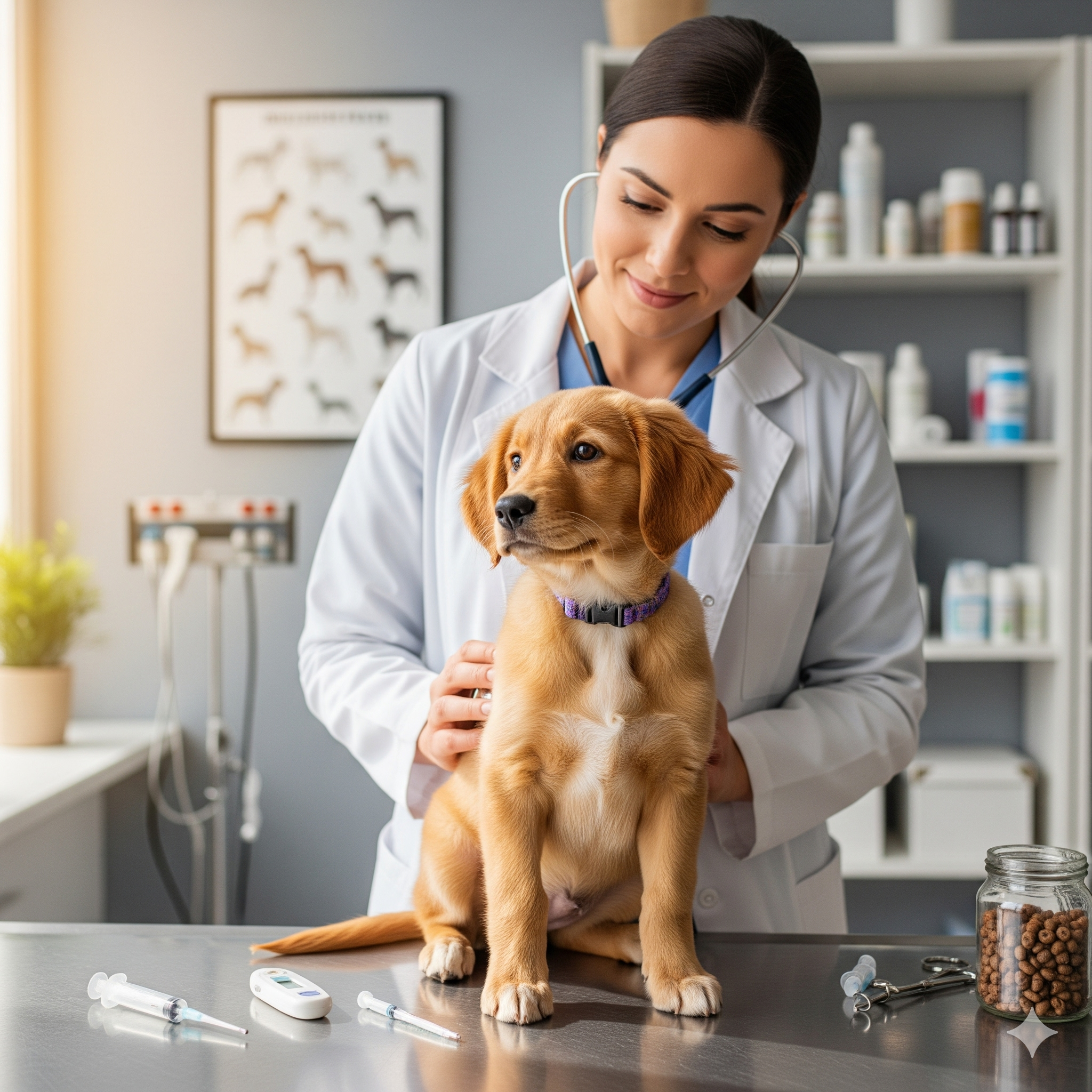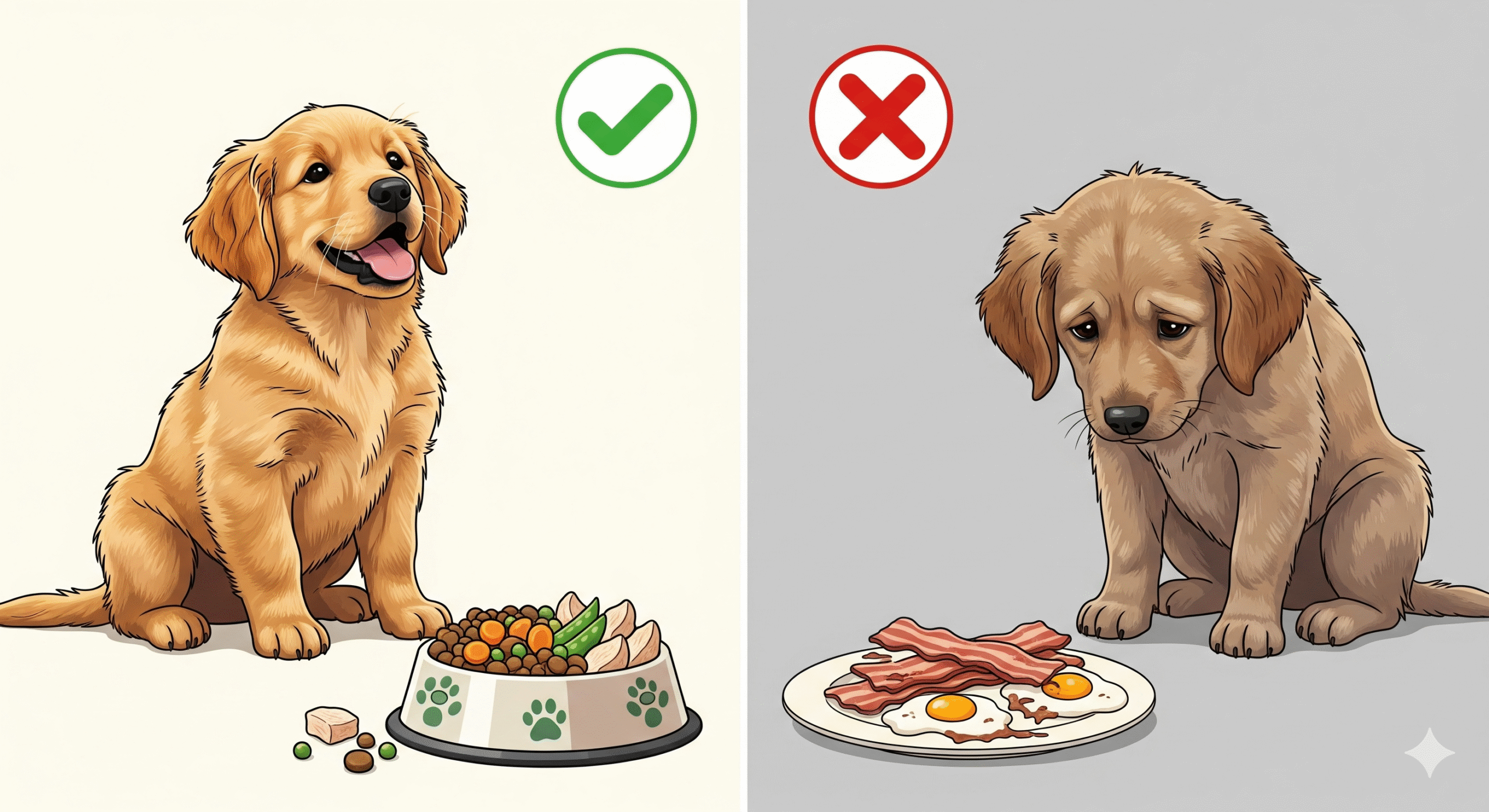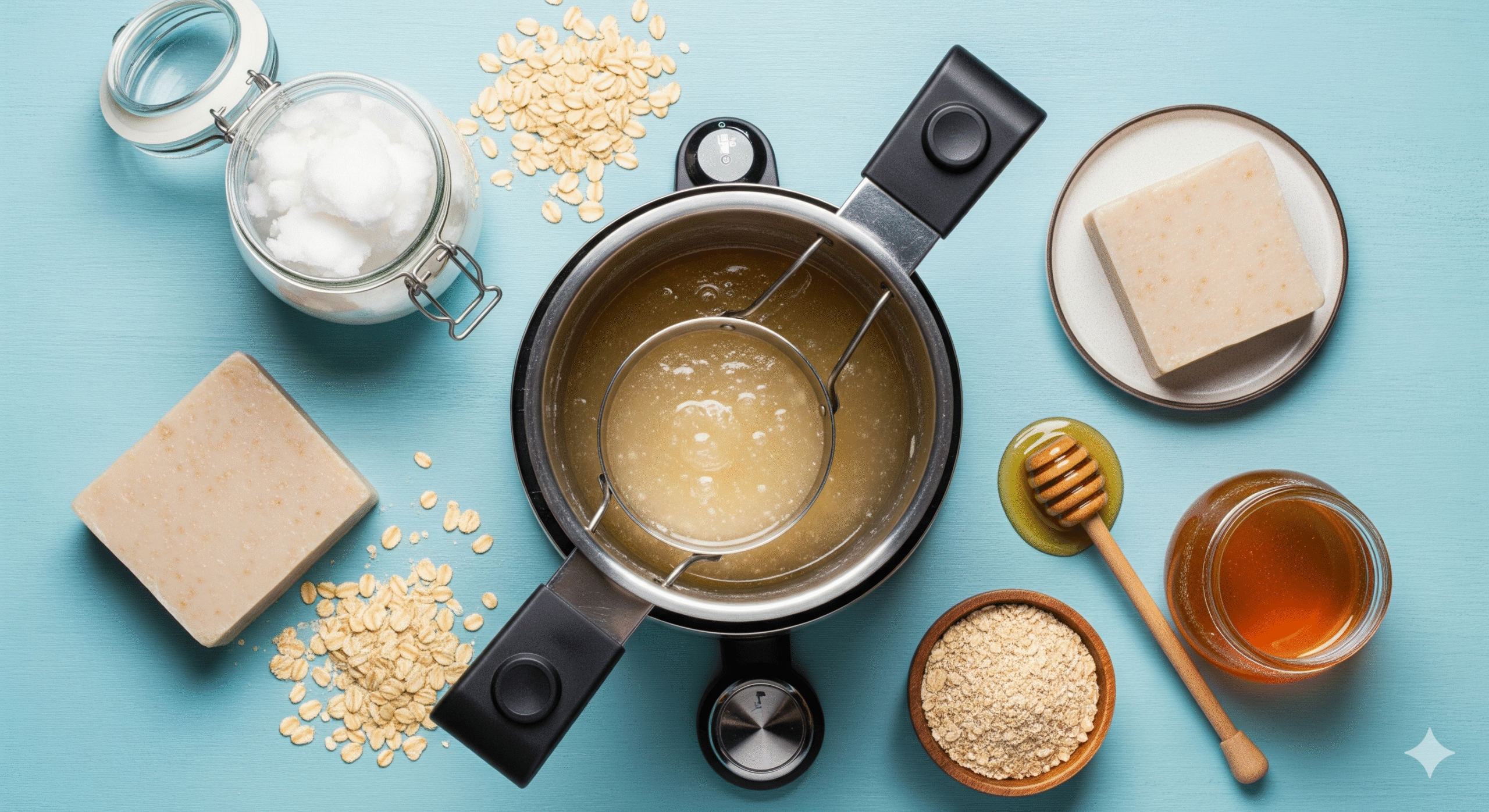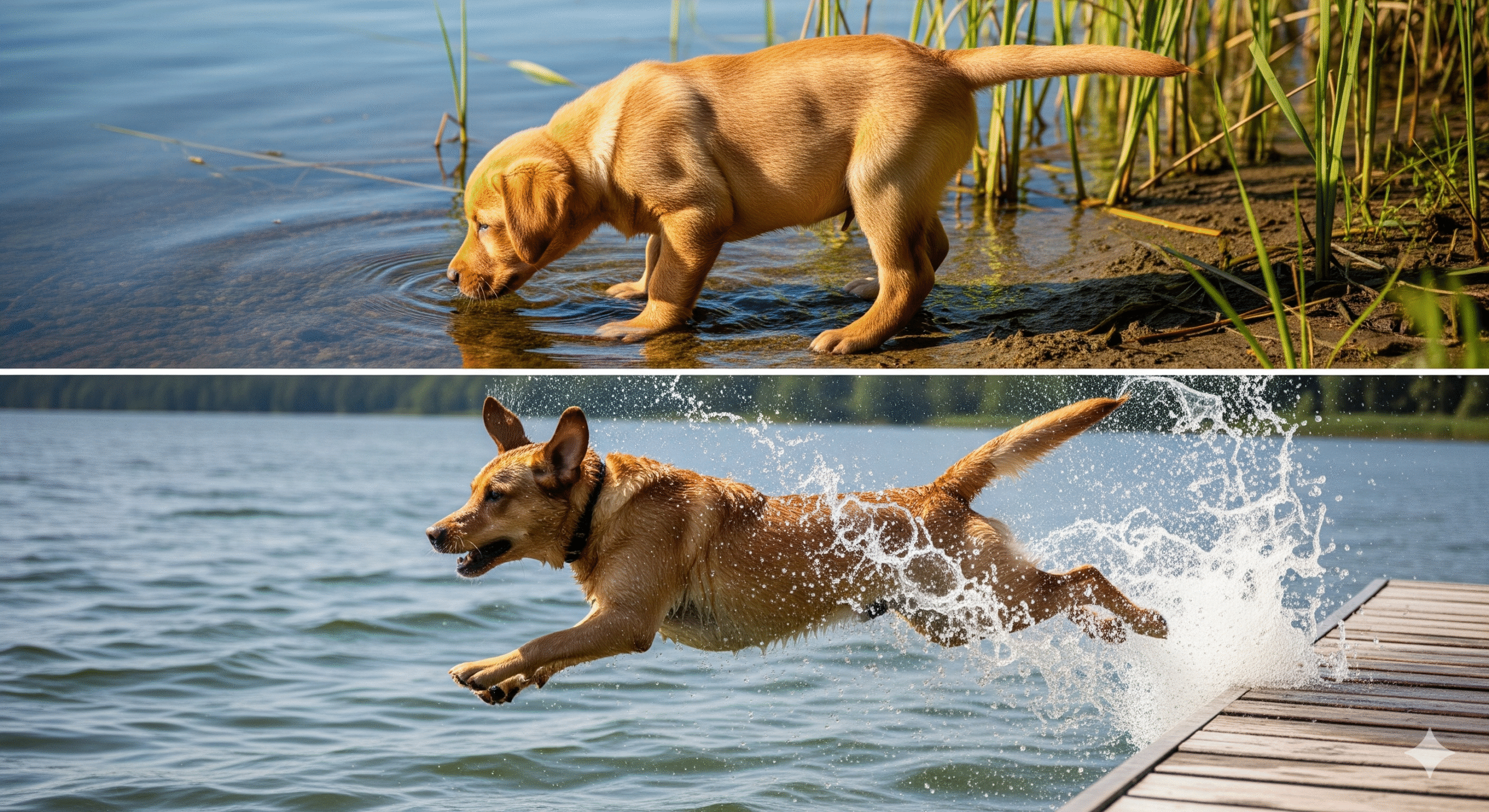Congratulations on your new furry family member! Between the puppy cuddles and house-training adventures, one of the most important items on your to-do list is scheduling that all-essential puppy first vet visit. This appointment is about far more than just vaccinations; it’s the foundation for your puppy’s lifelong health and your relationship with a trusted veterinary partner.
It’s normal to feel a little nervous. What will happen? What do you need to bring? What questions should you ask? This comprehensive guide will walk you through the entire process, from scheduling the appointment to walking out the door with a clear plan for your pup’s health. We’ll provide a detailed timeline, a handy checklist, and a list of crucial questions to ensure your puppy’s first vet visit is productive, positive, and panic-free.
When to Schedule: The Critical Timeline ⏰
Timing is everything when it comes to your puppy’s health. The general rule of thumb is to schedule your puppy first vet visit within the first few days of bringing them home.
- Ideal Timing: Within 48-72 hours of adoption/purchase. Many reputable breeders and shelters will have this as a requirement in their contract.
- Why So Soon? This early check-up allows the vet to:
- Establish a baseline for your puppy’s health.
- Identify any potential congenital issues or illnesses early.
- Get you started on the right path with vaccination and deworming schedules.
- Provide you with expert advice before small issues become big problems.
Note: If your puppy is showing any signs of illness (lethargy, vomiting, diarrhea, no appetite) before then, call the vet immediately.
How to Prepare: Your Pre-Visit Checklist ✅
Being prepared will make the visit smoother for you, your puppy, and the veterinary team.
1. Gather Important Documents 📄
- Any existing medical records provided by the breeder or shelter. This is crucial!
- A list of any medications or supplements your puppy is currently taking, including the dosage.
- The food bag or a note with the exact brand and name of your puppy’s food.
2. Prepare Your Puppy 🐕
- Bring a sample: Collect a fresh stool (poop) sample less than 12 hours old. Place it in a sealed plastic bag or container. The vet will need this to test for intestinal parasites.
- Hungry pup: Your puppy might get treats at the vet, but it’s okay if they are a little hungry, especially if they are food-motivated. This can make handling easier.
- Exercise beforehand: A short walk or play session before the visit can help burn off some nervous energy, making your puppy calmer.
3. Pack a “Puppy Go-Bag” 🎒
- Leash and harness/collar: Ensure it’s secure. A harness is often better for puppies who might pull or slip out of a collar.
- Treats: Bring high-value, soft treats to reward calm behavior.
- Favorite toy: A familiar item can provide comfort.
- Pee pads or old towel: For accidents in the car or carrier.
- A secure carrier: For very small puppies, a carrier is the safest way to transport them and provides a secure hiding spot in the waiting room.
What to Expect During the Appointment: A Step-by-Step Guide 🚶♀️
A typical puppy first vet visit will last about 30-45 minutes and include the following steps:
1. The History Discussion 💬
The vet or vet tech will sit down with you and ask a series of questions about your puppy’s history and your home environment. Be ready to answer:
- What are you feeding them, and how much/often?
- How is their appetite and water intake?
- How are their bowel movements and urination?
- What is their energy level like?
- Have you noticed any coughing, sneezing, or itching?
- What is their home environment like? (Other pets? Children? Yard?)
2. The Nose-to-Tail Physical Exam 👃👂
The veterinarian will perform a thorough examination to check every part of your puppy. This usually includes:
- Weight: This establishes a baseline for tracking growth.
- Eyes & Ears: Checking for signs of infection, discharge, or parasites.
- Nose & Mouth: Assessing breathing and looking at teeth and gum health to determine age and check for abnormalities.
- Heart & Lungs: Using a stethoscope to listen for murmurs, abnormal rhythms, or respiratory issues.
- Skin & Coat: Looking for fleas, ticks, dryness, lumps, or signs of allergies.
- Abdomen: Gently palpating (feeling) the organs to check for size, shape, and any pain.
- Musculoskeletal: Checking legs, paws, and joints for proper alignment and movement.
3. Diagnostic Testing 🔬
- Fecal Exam: The stool sample you brought will be tested for common intestinal parasites like roundworms, hookworms, whipworms, and giardia.
- Other Tests: Depending on your puppy’s history and the vet’s findings, they may recommend additional tests, such as a blood test to check for heartworm or other underlying conditions.
4. Preventative Care: Vaccinations & Parasite Control 💉
This is a core part of the puppy first vet visit. Your vet will discuss and likely administer:
- Core Vaccinations: These protect against dangerous, widespread diseases. The first visit often includes the first round of DHPP (Distemper, Hepatitis, Parainfluenza, and Parvovirus).
- Deworming: Most puppies have parasites, so a broad-spectrum dewormer is commonly given, even if the fecal test results aren’t back yet.
- Parasite Prevention: The vet will recommend a monthly preventative for heartworm, fleas, and ticks. Starting this early is vital.
5. The “Puppy Talk” & Education 🗣️
Your veterinarian is your best source of information. They will provide guidance on:
- Socialization: How to safely socialize your puppy before they are fully vaccinated.
- Nutrition: Advice on the best food for your growing pup and how much to feed.
- Training: Tips on house-training, crate training, and basic obedience.
- Behavior: Normal puppy behaviors and when to be concerned.
Essential Questions to Ask Your Veterinarian ❓
Come prepared with a list of questions. No question is too small! Here are some crucial ones:
About Health & Prevention:
- What is the recommended vaccination schedule for my puppy?
- Which parasite prevention do you recommend for my area and my puppy’s lifestyle?
- What are the signs of an emergency I should watch for?
- When should I schedule the next appointment?
About Daily Care:
- Is the food I’m feeding appropriate? How much should I be feeding them?
- How can I best socialize my puppy while keeping them safe from disease?
- What are your thoughts on dental care for puppies?
- Do you have any tips for handling [specific behavior, e.g., biting, barking]?
Logistics:
- What are your hours of operation?
- What is your protocol for after-hours emergencies?
- Do you offer puppy classes or behavioral counseling?
Making it a Positive Experience: Tips for Your Puppy 🐾
- Stay Calm: Puppies are incredibly perceptive and will pick up on your anxiety. Your calm demeanor will help them feel secure.
- Lots of Praise and Treats: Reward your puppy with treats and gentle praise throughout the exam for calm behavior. Make it a party!
- Bring a Helper: If possible, bring another person. One can handle the puppy while the other focuses on talking to the vet and taking notes.
After the Visit: Next Steps & Follow-Up 📅
Before you leave, make sure you understand:
- The date for the next round of vaccinations (usually in 3-4 weeks).
- How to administer any medications prescribed.
- Any specific instructions for watching your puppy at home.
Your puppy first vet visit is the first of many in their first year. You are building a team to support your puppy’s health for life.
Final Thoughts: Building a Foundation for Health 🌈
While it might seem daunting, the puppy first vet visit is an empowering step. You are taking charge of your new best friend’s well-being and setting them up for a long, healthy, and happy life by the your side. Walking out of the clinic with a plan and a partner is one of the best feelings a new pet parent can have.
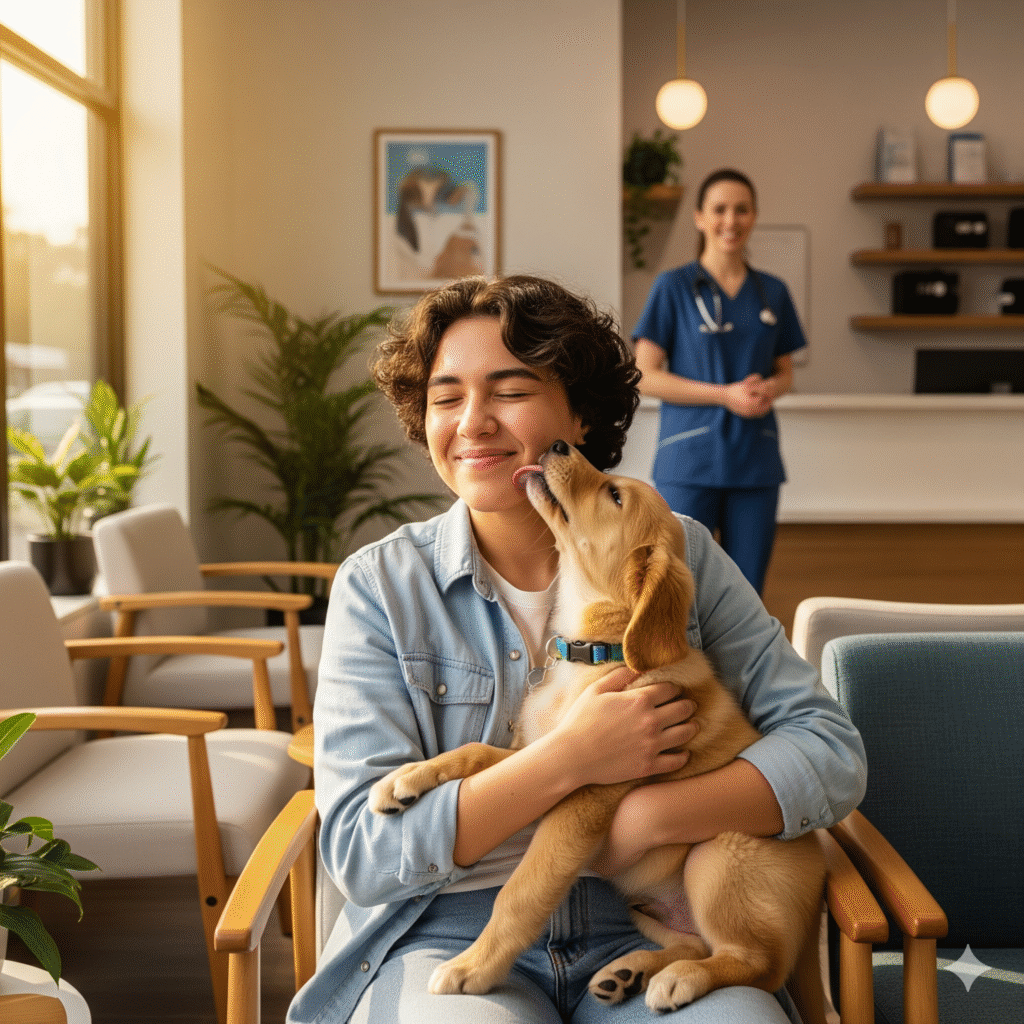
New Puppy Checklist: Essential Supplies
Now that you have your crate, bed, food, and toys, you’re almost ready! The final step before your puppy’s arrival is to book a vet appointment for a check-up within the first few days. Equally important is ensuring your space is safe. We highly recommend following our room-by-room puppy-proofing checklist to avoid any hazards.
Get Your Complete New Puppy Checklist
